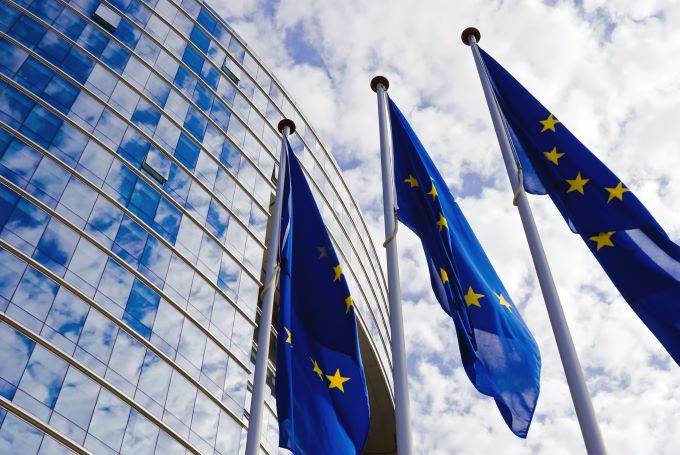 The European Central Bank governing council member Klaas Knot expressed his discomfort regarding the current low-interest-rate environment that is being promoted by the ECB as well as expressing his worries regarding the continuation of such a trend.
The European Central Bank governing council member Klaas Knot expressed his discomfort regarding the current low-interest-rate environment that is being promoted by the ECB as well as expressing his worries regarding the continuation of such a trend.
“I do not have a crystal ball, but I cannot rule out that the current low-interest-rate environment could last another five years,” he told the Dutch newspaper De Volkskrant, “This worries me because temporarily low-interest rates are something quite different from persistently low-interest rates,” he added.
The European Central Bank decided to keep the current low-interest-rate levels during due to 2008 economic crisis and the 2010 European sovereign debt crisis. The idea initially was facing the consequences of those crises, mainly low inflation and sluggish economic growth, however as they persisted the necessity of implementing an ultra-loose and easing monetary policy continued being relevant in terms of policymaking.
Knot, who heavily criticized the most recent stimulus measures, highlighted that those policies incentivize investors to take risky decisions while forcing the people to save their money, therefore, pushing inflation downwards.
“From a macro-economic perspective that would be undesirable,” he continued referring to keeping a low-interest-rate environment for more time, “And it is also an example of how our low-interest rate policy may eventually shoot itself in the foot. If people start saving more in response to the low-interest rates, this will add further downward pressure on inflation,” he added.
Knot also stated that the balance between the effects of keeping positive and low-interest rates is shifting.
“The balance between positive and negative effects of the low-interest rates is shifting in the wrong direction”, he continued, adding that therefore there is a need to reassess the ECB's monetary policy stance as well as being more flexible regarding its inflation target.
In late November, the European Central Bank chief Christine Lagarde announced a review of the bank's monetary policy strategy after making clear that meanwhile, the Bank's ultraloose monetary policy remains in place. Instead of attacking the policies, she said that they would be more effective if they were aided by complementary fiscal measures, a declaration that many find controversial as it seems to compromise the central bank's independence.
By 11:17 GMT the Euro went up against the US dollar by 0.02 percent, at 1.1080. Conversely, it climbed by 0.02 percent against the Japanese Yen, at 121.24 and went up by 0.20 percent against the pound sterling, at 0.8541. Nevertheless, it went down by 0.08 percent against the Swiss Franc, at 1.0876.
